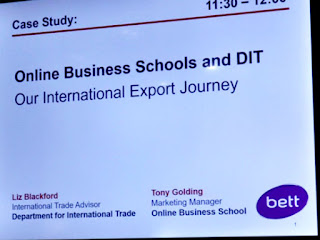This one about education. Follows on from Guardian and change of format to tabloid. I find there is very little in print about what the plan is for online. Lots on negative aspects of social media but no obvious plan for what the Guardian intends. Reporting on education seems similar somehow. Peter Scott has stated he will not write about the MOOC ( Massive Open Online Course ) and this pretty much true for other reports.
Headline explanation, MOCC is Monetised Online Course Certificate. Maybe becoming more of a trend.
Latest example Anna Fazackerley on how elite universities would like higher fees and more than others. Apparently the older established need a bigger slice of the cake. Funding is a problem. I cannot see anything in the story on how technology could cut costs. Just how to get more money. Meanwhile the Open University ( not in the Russell Group) has decided to close buildings and invest in online. I am not sure if any other uni has a similar approach.
What is worrying is some of the implications of the article.
One idea rumoured to be doing the rounds in the Treasury is that fees should reflect the salaries graduates can command. In June the government published the first full set of its Longitudinal Education Outcomes dataset, the first of its kind to track higher education leavers from university to the workplace. It highlighted real disparities in earning power across subjects and institutions, with subjects including the creative arts and mass communications coming out particularly badly.
My guess is that "creative arts and mass communications" are not part of the UK research unis to start with. But there could still be economic possibilities, probably around the Pacific.
Pushing my luck even further
The salaries for some subjects varied widely according to which institution graduates had attended. For instance, five years after graduation average earnings for business and administration degrees ranged from £19,400 at the University of Wolverhampton to £71,700 at the University of Oxford.
Is this supposed to mean that Oxford should charge much higher fees? It could be a lot of factors, contacts in the south east etc. Anyone know a difference in what is on offer as content? Could just be an expensive networking situation. Facts welcome, even those to show I am off on a rave.
Meanwhile at MIT the Intersection of Leadership and Technology. Looks good value.





